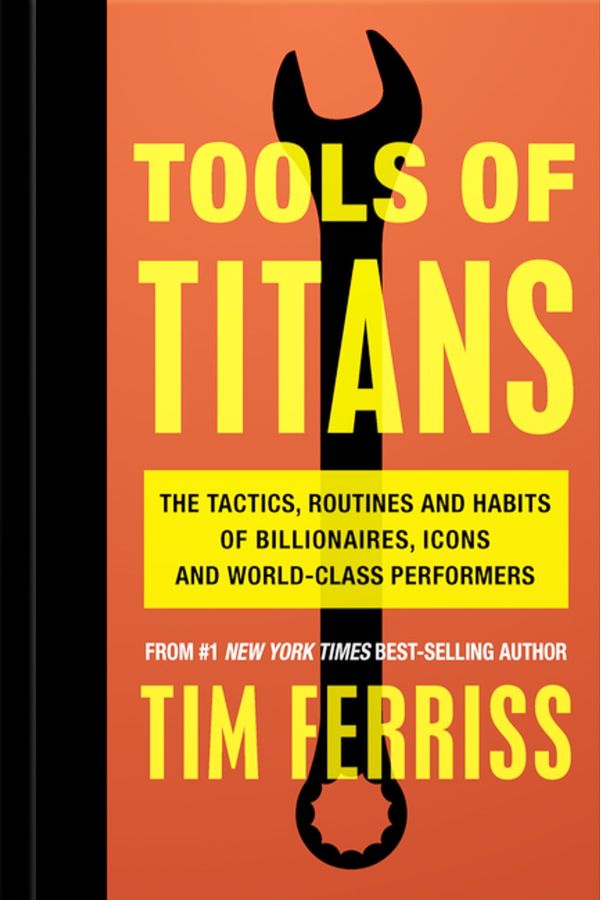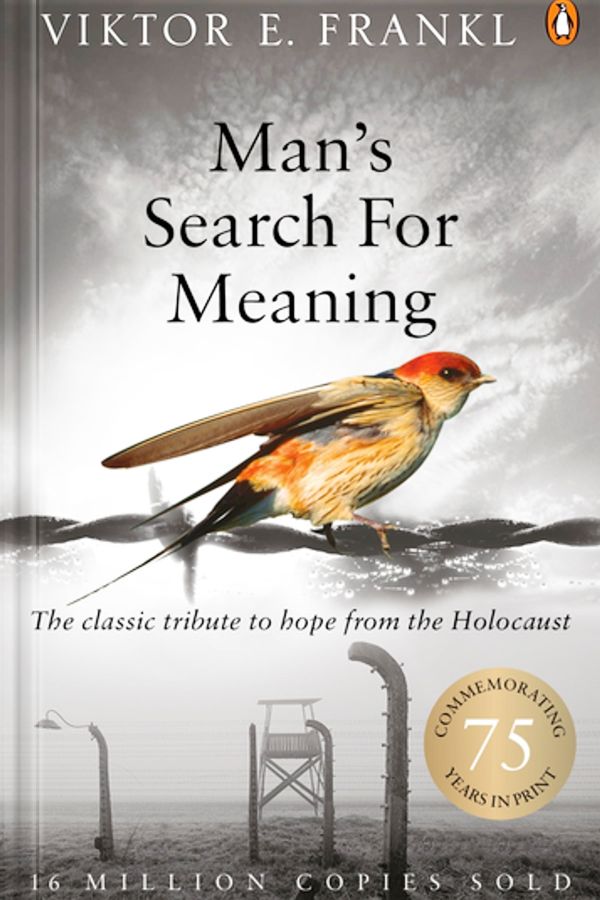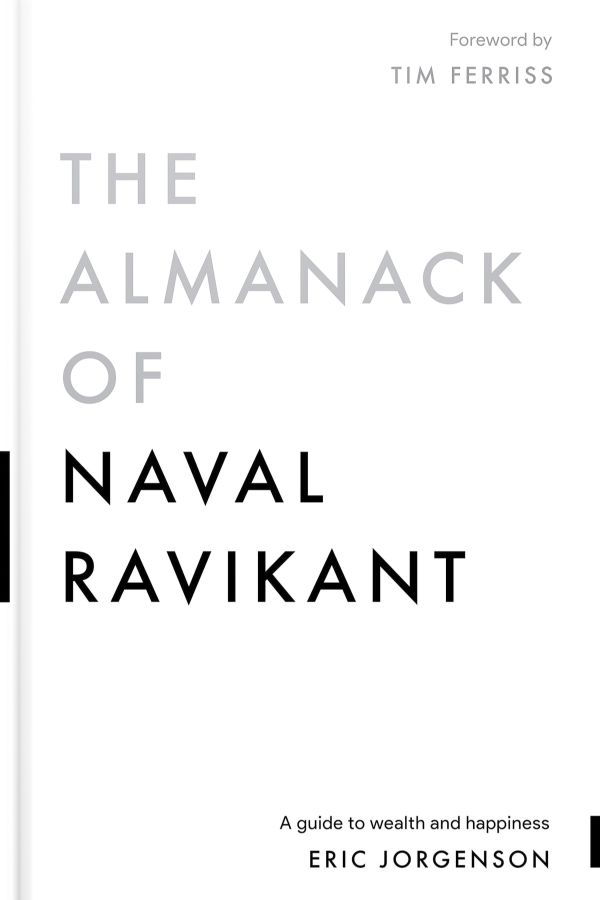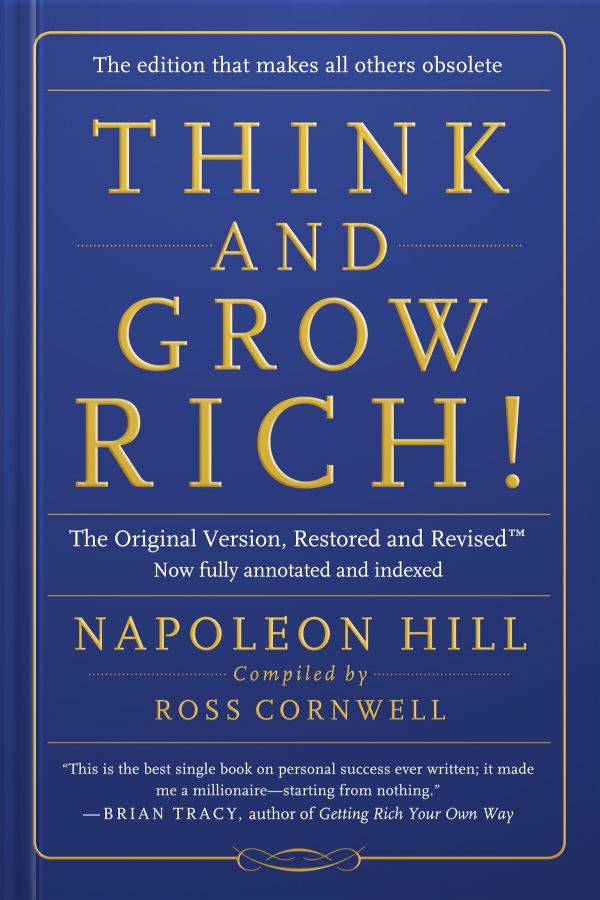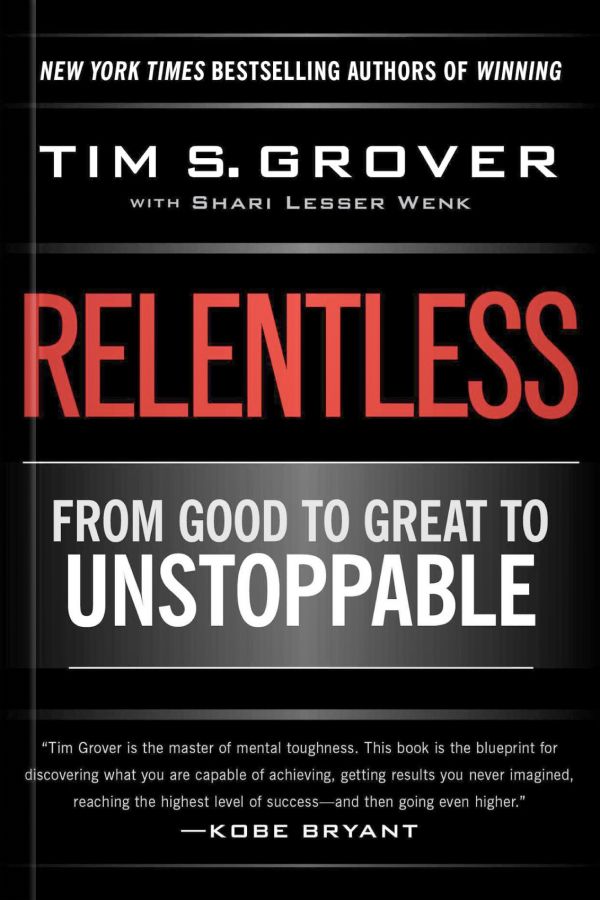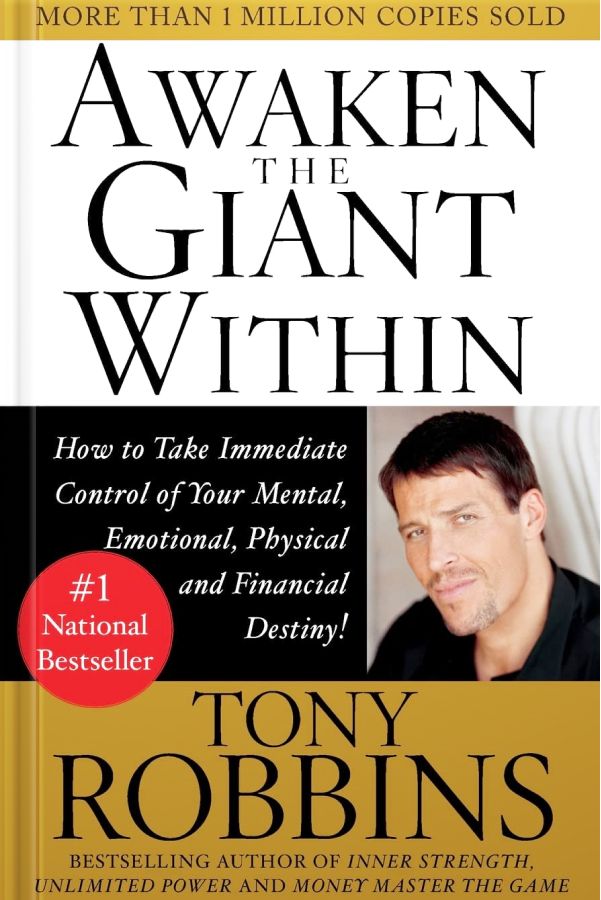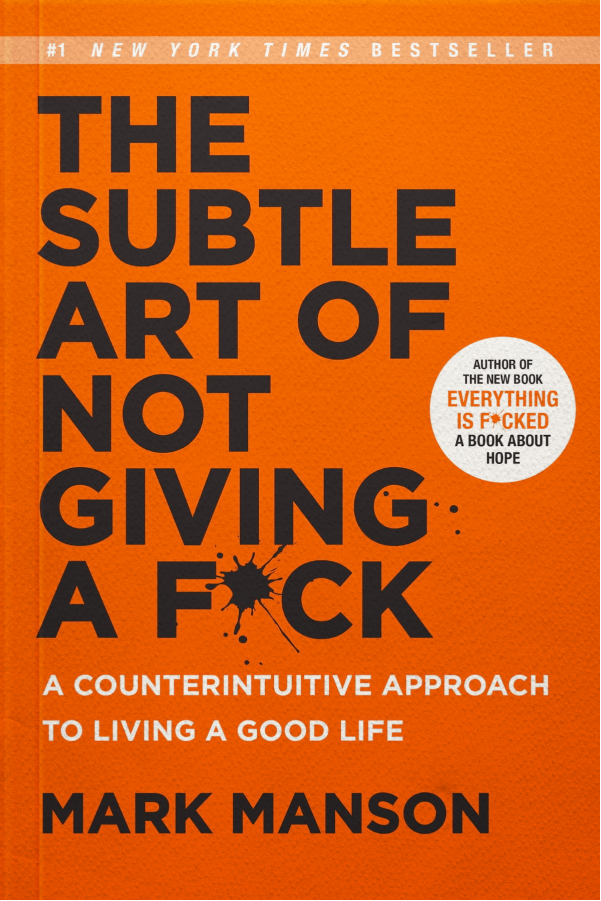
The Subtle Art of Not Giving a F*ck by Mark Manson
Embrace Imperfections: Why Life Isn't Always Meant to Go Your Way
Life isn't a perfectly scripted movie, and it’s filled with unexpected twists and turns, and that's perfectly okay. It's an exciting, unpredictable journey.
Mark Manson says:
“When we give too many fcks, when we choose to give a fck about everything, then we feel as though we are perpetually entitled to feel comfortable and happy at all times, that’s when life f*cks us.”
This suggests that to embrace life; we must learn to let go of our constant need for comfort and control.
Prioritize Wisely: The Art of Choosing Your Battles
Knowing where to invest your energy is vital.
Lowndes emphasizes
“Maturity is what happens when one learns to only give a fck about what’s truly fck-worthy.”
This implies that maturing involves determining what genuinely deserves your time and attention.
As a chef selectively chooses ingredients, you should pick your battles wisely.
The Power of Rejection: Defining Identity Through Choices
Overextending yourself can be as unproductive as doing nothing at all.
According to Lowndes
“We are defined by what we choose to reject. And if we reject nothing, we essentially have no identity at all.”
It's important to set boundaries and say no when necessary—this delineation of what we will and won't accept shapes our identity.
Embracing Failure: The Real Route to Growth
Failure isn't a defeat; it's an opportunity to learn and grow.
Consider a child learning to walk: despite countless falls, they never give up.
Lowndes encapsulates this resilience:
“We can be truly successful only at something we’re willing to fail at. If we’re unwilling to fail, then we’re unwilling to succeed.”
The fear of failure should never deter you from trying.
The Evolving Self: Accepting Constant Change
Our identities are not static; they're ever-evolving.
Lowndes suggests
“I say don’t find yourself. I say never know who you are. Because that’s what keeps you striving and discovering. And it forces you to remain humble in your judgments and accepting of the differences in others.”
This continual self-evolution keeps us humble and accepting of others.
Problematic Perspectives: Turning Negatives into Positives
Not every problem is necessarily harmful.
Lowndes persuades us:
“Don’t hope for a life without problems. There’s no such thing. Instead, hope for a life full of good problems.”
It's about changing perspectives and turning hurdles into opportunities for growth.
The Pursuit of Greatness: The Journey Beyond Mastery
Once you've achieved greatness in one area, aim for another.
Lowndes elucidates
“People who become great at something become great because they understand that they’re not already great – they are mediocre, they are average – and that they could be so much better.”
The key to greatness is a constant evolution and the pursuit of betterment.
The Necessity of Struggle: Defining Identity Through Hard Times
Hard times are inevitable, but they define who we are.
As Lowndes explains
“Who you are is defined by what you’re willing to struggle for.”
Through these struggles, we discover our passions, strengths, and ourselves.
The Power of Detachment: The Road to Better Things
Sometimes, caring less about certain things can lead to better outcomes.
Lowndes concludes
“This, in a nutshell, is what ‘self-improvement’ is really about: prioritising better values, choosing better things to give a fck about. Because when you give better fcks, you get better problems.”
It's not about becoming indifferent but rather about redirecting your attention and energy to what truly matters.









